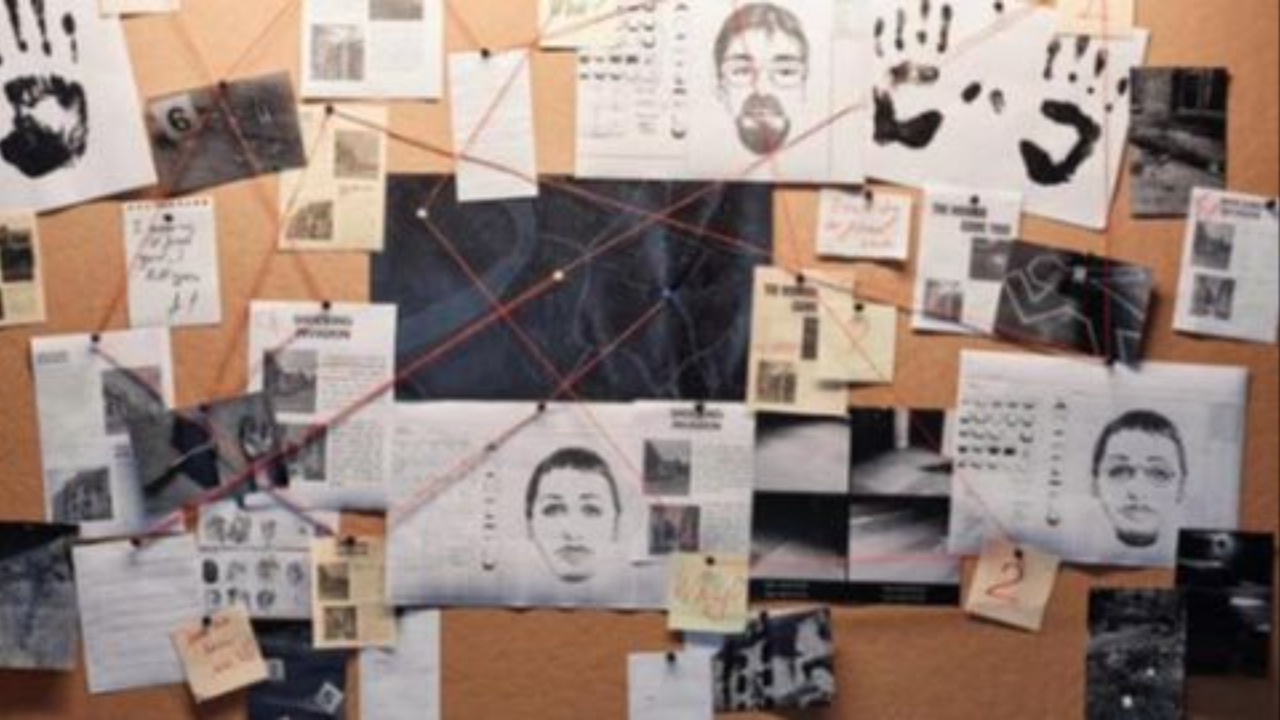Your Future Brain on Street Epistemology

This blog post was AI-inspired from an AI-generated podcast episode. The source is listed below. While efforts were made to reduce bias and improve accuracy, some deficiencies may remain. For the most current and collaboratively developed concepts on Street Epistemology, refer to the Navigating Beliefs course. We hope this episode sparks new ideas and reflection—enjoy!
When was the last time you truly questioned a belief? Not just in passing, but in a way that sparked genuine curiosity and reflection? This is the heart of Street Epistemology (SE), a conversational tool designed to explore the beliefs that shape our worldview. In a recent episode of *Future of Thought*, we took a deep dive into the fascinating neuroscience behind belief revision and what happens in our brains during those moments of reflection.
SE isn’t just about logic; it’s about engaging the whole person—their emotions, memories, and even their brain chemistry. Conversations rooted in SE often bring participants to a state of “aporia,” a moment of pause where inconsistencies become apparent, and new ways of thinking take root. But what’s happening inside your brain during this process?
When we engage in critical conversations, key brain areas light up. The prefrontal cortex—the "Executive Suite"—handles critical thinking and decision-making, while the amygdala, our "security system," scans for threats and manages emotional responses. Building trust and connection can calm the amygdala, reducing defensiveness and opening the door to deeper reflection.
These conversations also engage the hippocampus, which retrieves relevant memories, and the anterior cingulate cortex, our “error detector,” which helps identify inconsistencies. Together, these regions collaborate in a kind of neural dance, moving us from resistance to understanding.
One standout concept from the discussion is *doxastic openness*, or the willingness to revise one’s beliefs. Those with high doxastic openness are better equipped to integrate new perspectives, making them more receptive to meaningful dialogue. SE can help cultivate this openness by painting a shared vision of the future—a “mental flight simulator” where participants explore the real-world implications of their beliefs.
This blend of logic, trust, and emotional connection makes SE uniquely powerful. By sharing personal stories and engaging empathy, we not only foster understanding but also create fertile ground for belief change. But with this power comes responsibility. Understanding how beliefs are shaped—and reshaped—requires ethical care to ensure these techniques promote genuine self-reflection rather than manipulation.
As we continue exploring the inner workings of our minds, one thing is clear: self-awareness is key. By becoming more attuned to our own mental processes, we can unlock new levels of connection and communication. So, the next time you engage in a conversation about beliefs, take a moment to observe your own mind. Notice what piques your interest, what triggers resistance, and what sparks connection.
In doing so, you’ll not only deepen your understanding of others but also of yourself—a vital step toward a more thoughtful and empathetic world.
Keep your mind curious and your conversations flowing!
Source: Rational Ruminations
The Street Epistemology Podcast and The Street Epistemology Blog is a production of Street Epistemology International. The views, guests, and topics expressed here (or not expressed here) do not necessarily represent those of the organization.



